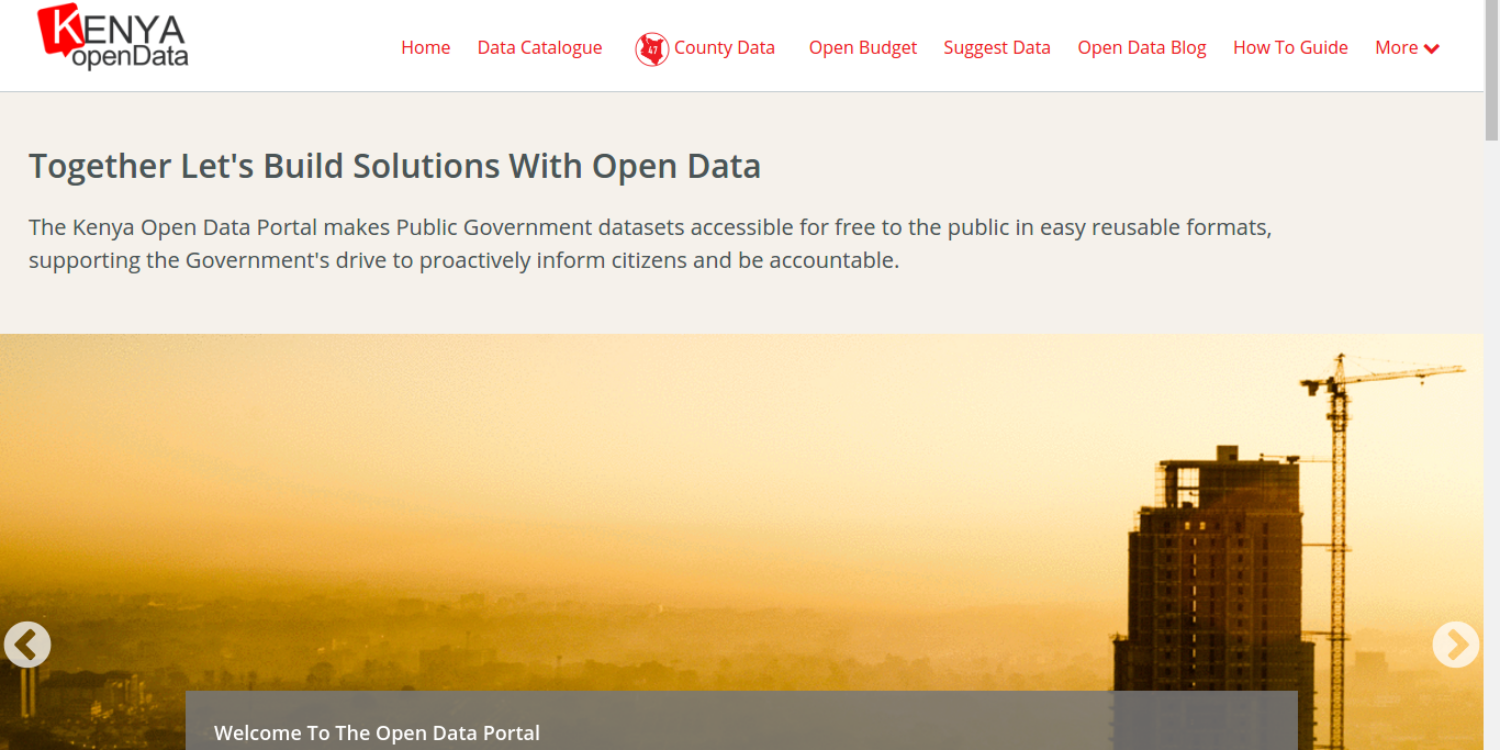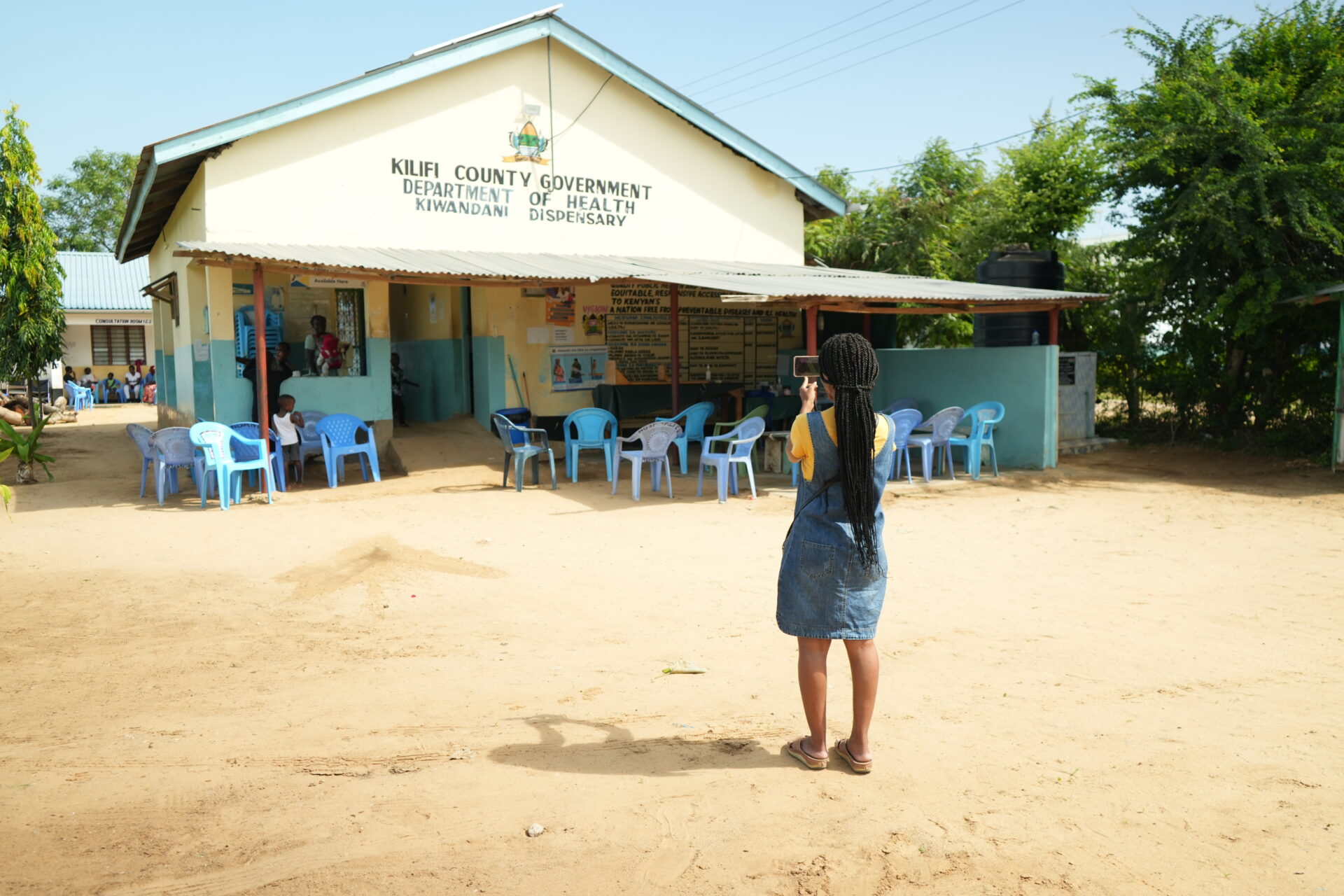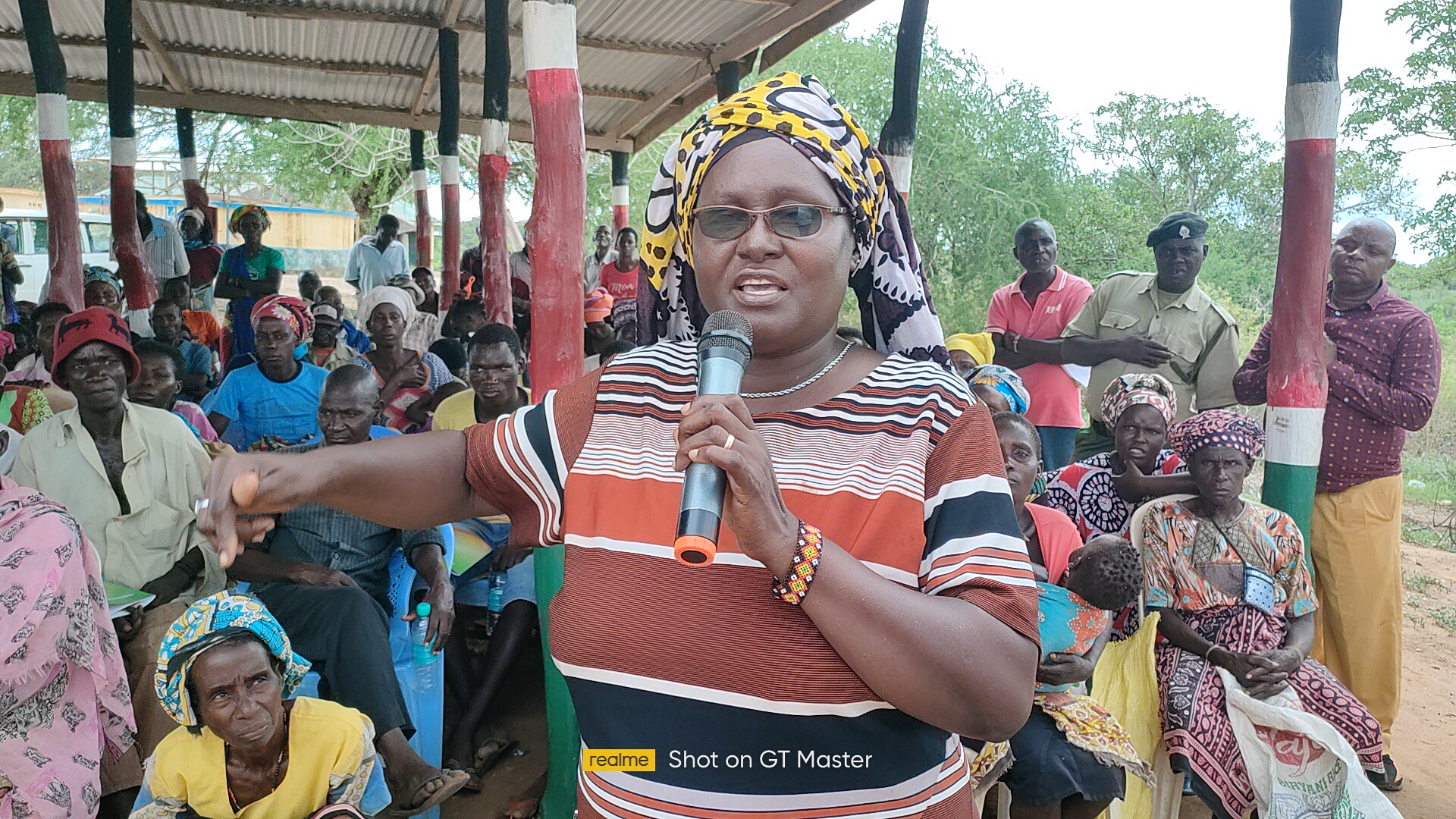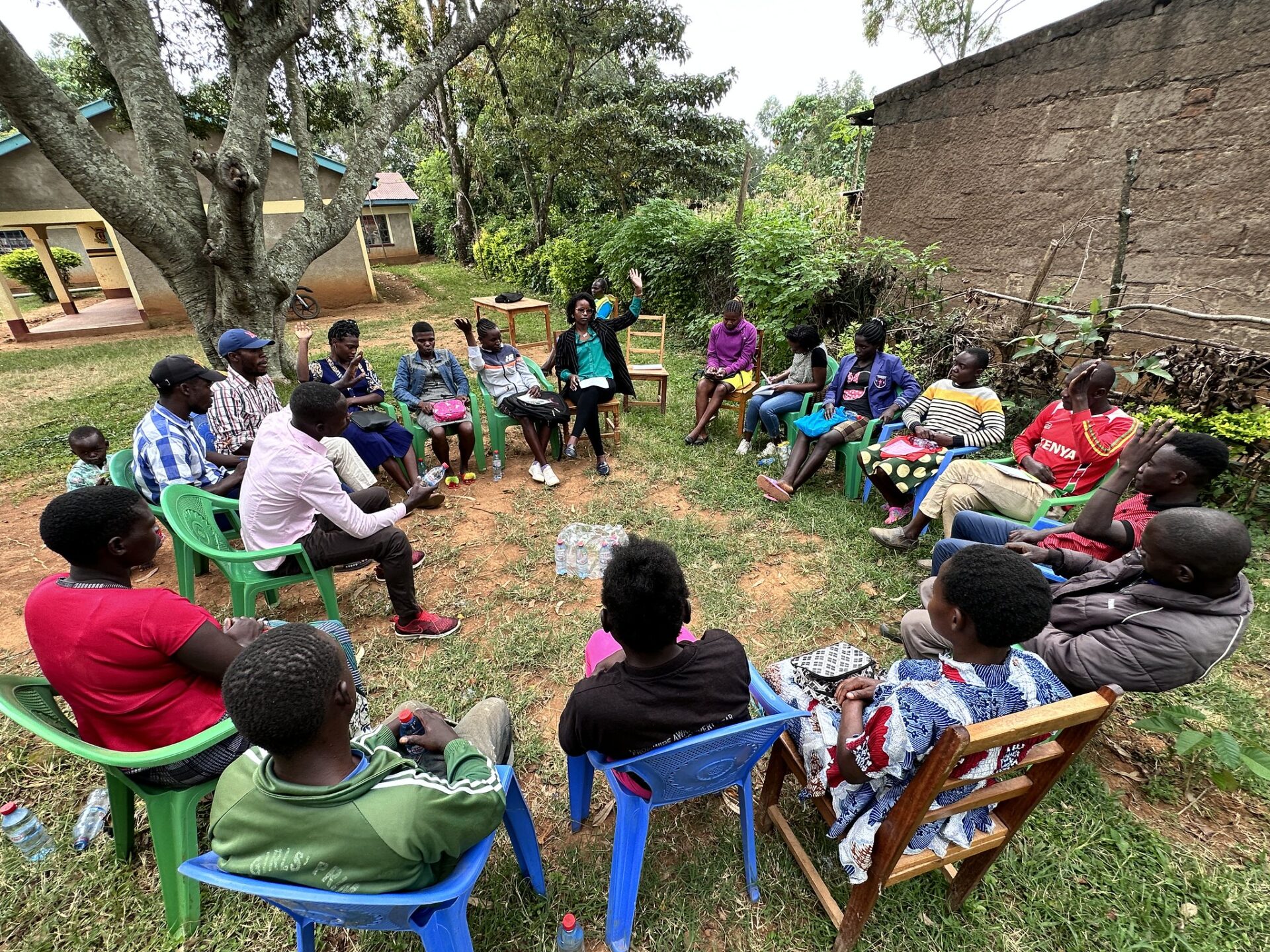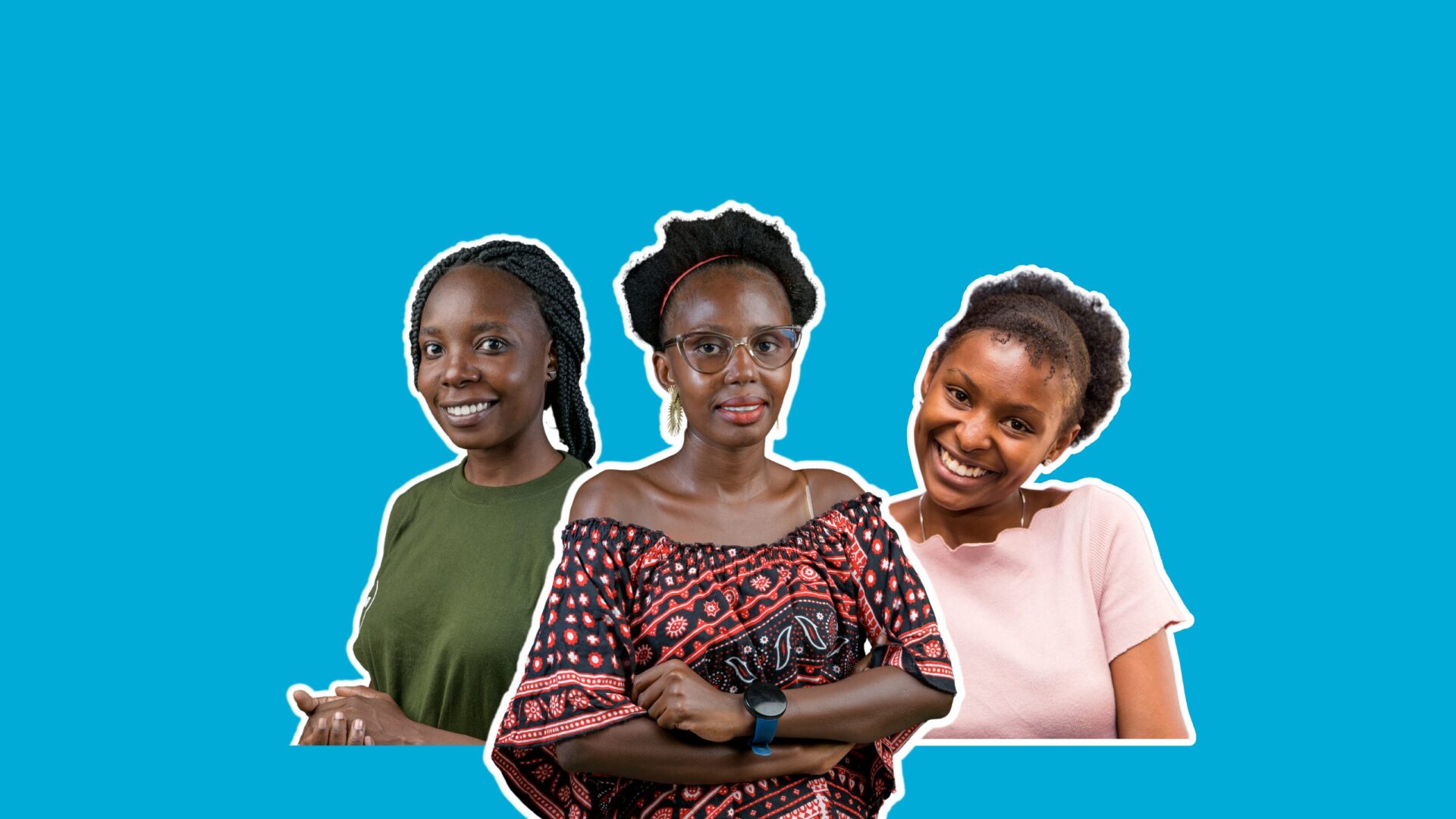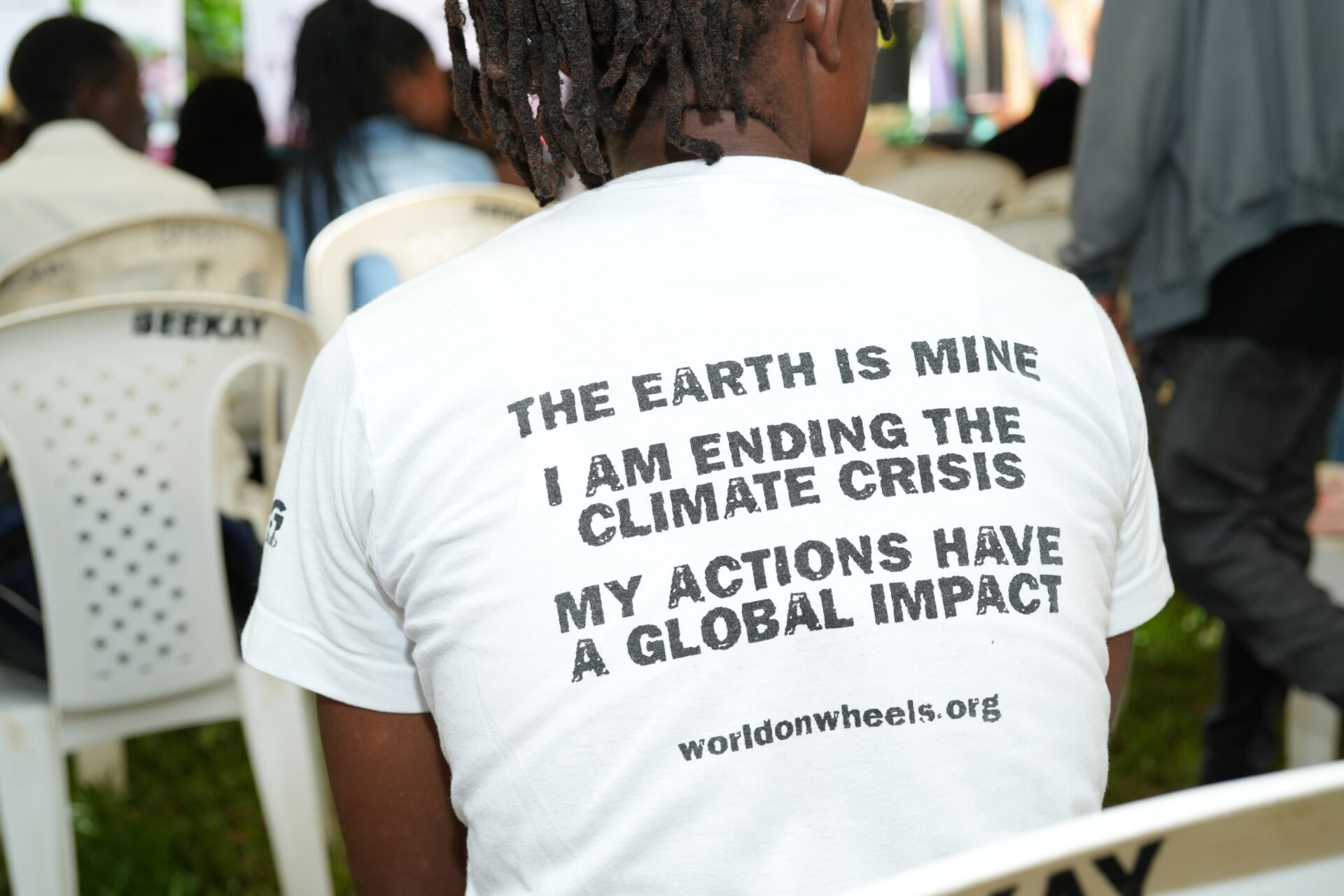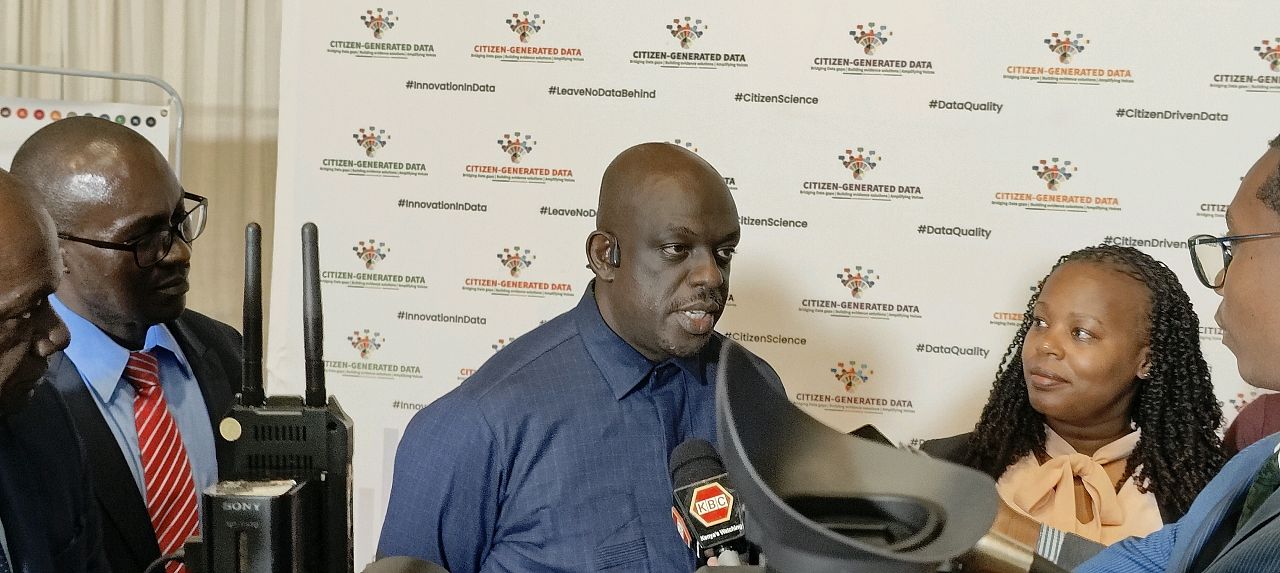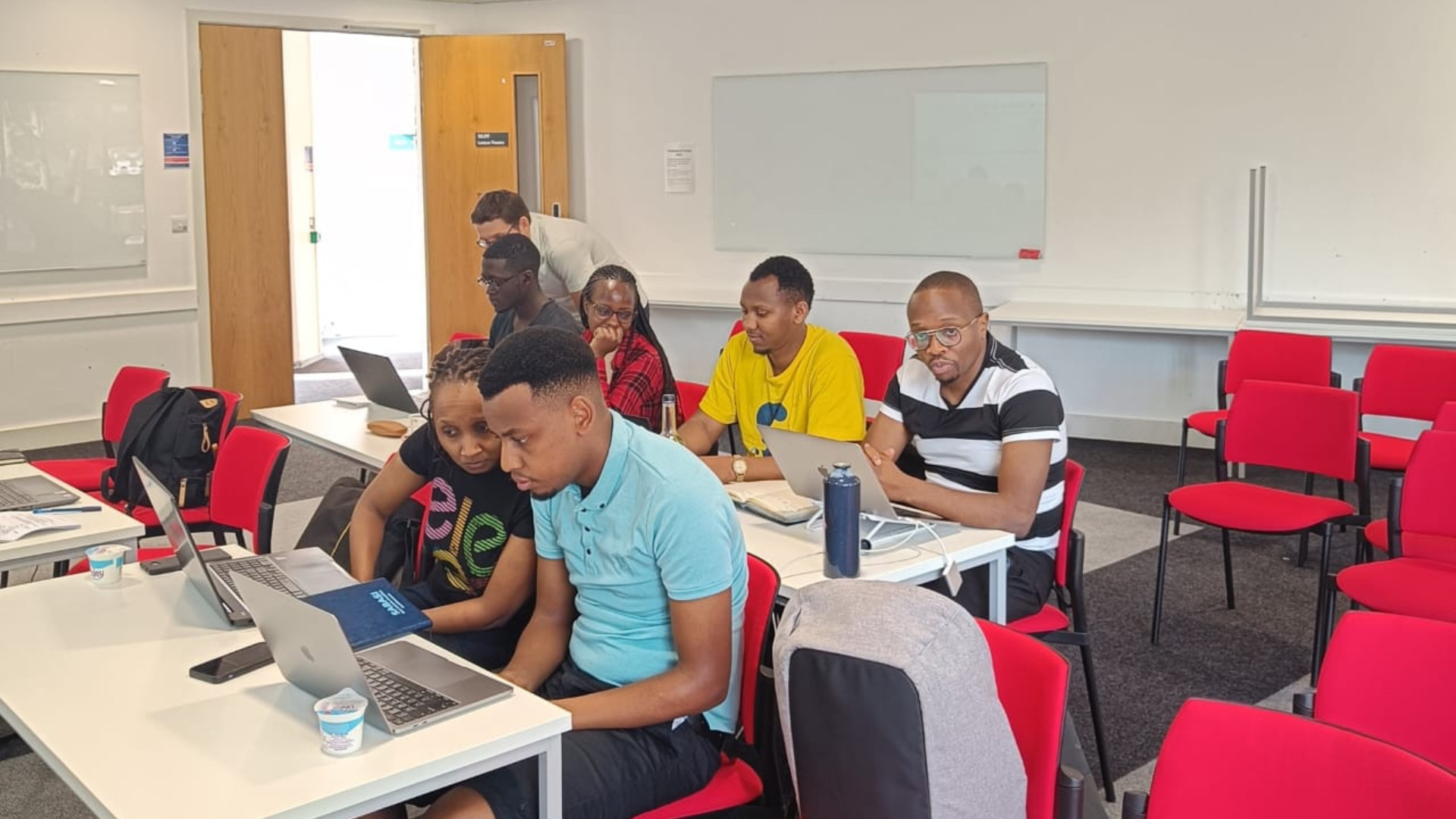Perhaps to answer the question we should start by reviewing what we hoped to do when we started the process. The KODI task force had four streams of activities:
- Gathering & collating data – At the time that we started this process, any data that the government had, was in disparate places – mostly in hard copy paper format and occasionally in PDF. I remember at that time wondering where the soft copy tables and the computer files for those documents went. The team then worked with the Permanent Secretary in charge of Information and Communications, Bitange Ndemo (who blogs at bitangendemo.me) to trawl the government and find the data in whatever format that it could be found, digitize it, sanity-check it as much as is possible and upload it on the portal. Logistically it meant that the PS had to do the rounds to his colleagues personally to ask for and collect the documents.
- SITUATIONAL LESSON: For a successful Open Data initiative, a high-level, well respected champion who is hands on and who is visible is important to get it off the ground. They would, in a country that has no structures for Open Data, need to get their hands dirty. Sometimes only they can sell the project in a way that is palatable to their colleagues.
- Watch Tracey Lane, World Bank economist and the data team lead in the KODI Task force for digitizing the data tell the story of how it was done.
- Building the portal and citizen phasing apps – of course once the data was in appropriate format (e.g. CSV) it needed to be uploaded and hosted on a portal. The Task force recommended that the government contract Socrata
to deliver on the platform. We needed something that was well built, had been tested and that could have the capacity to carry and visualize the data for ease of use and presentation. One thing that was unique is that during that period, there was discomfort from local developers, who wondered why a local developer was not contracted to build the platform. The government’s response is that if they build something that is as robust, then the government will be happy to use it. But the over-riding requirement is for a platform that would efficiently enable the public to use it. I note that to date, I am not aware of a locally developed platform that does what Socrata does. I’m sure one will be in the market to be tested soon enough. One thing that is important about the portal was that it represented a tangible objective for the initiative – something everyone could look forward to (important for projects like this). In addition, the task force worked with developers like Athman Mohamed, Daudi Were and others to develop apps that could demonstrate how the data could be brought to the citizens.
-
- SITUATIONAL OBSERVATION: On reflection, I think a lot more can be done to bring the data to the citizens. I think so far the most successful tools that have been developed in a relevant way to actually reach the citizens are those that have been done by the Code4Kenya project (but then I am biased). There have been many important applications that have been delivered but I worry that they do not find their way into the citizens usage because of relevance. In essence I again quote Justin Grimes (@justgrimes on Twitter), who once said, “Transparency is NOT a goal. A goal is reducing corruption, improving efficiency, educating citizenry to increase participation, etc.” See previous blog on this
- Developing the policy frameworks for sustainability – The task force intended to primarily cement the supply side of Open Data to ensure that it would continue long term. There were several avenues for this –
- (1) have a cabinet paper that adopts Open Data values as standard within government and that mandates government officials to share data in CSV format with the public regularly through http://opendata.go.ke and/or
- (2) Have an act of parliament, arising out of Article 35 in the Bill of Rights (Constitution of Kenya) that says every citizen has the right to access to information held by the state or any information that is held by another person and that is required for the exercise or protection of any right or fundamental freedom. The way we thought we could achieve this is through the Access to Information bill.
- We did not achieve any of this: drafts were done, cabinet memos were done but none were passed by cabinet or parliament. Work to be done by the new government. The saving grace is that the Kenya government officials are inclined to share data (as opposed to before when they saw their role as data horders. Perhaps that change in stance is an outcome that will yield long term results in this area.)
- Building the portal and citizen phasing apps – of course once the data was in appropriate format (e.g. CSV) it needed to be uploaded and hosted on a portal. The Task force recommended that the government contract Socrata
- Watch Tracey Lane, World Bank economist and the data team lead in the KODI Task force for digitizing the data tell the story of how it was done.
The launch event – the President agreed to come and launch the Open Data portal on June 8th. This basically gave the team a deadline to work with and we were able to be ready by launch date.
BIG LESSON: Deadlines are good in such projects.
Where are things in Kenya now? There’s a lull to allowing the government time to develop the structures to make KODI sustainable – employ people to manage the data and the portal and respond to requests as well as build a user community around the data; establish the processes and the procedures that facilitate Open Data provision by government; see the necessary legislation through. Most importantly, we are in election mode right now.
Reflections:The question of how to measure Open Data initiatives is live in my mind over the past few months. Is there a checklist, a tool-kit, a set of guidelines that any government that is convinced to open up to its public can use? Perhaps a tool-kit that enables citizens to evaluate how they are doing in the realm of Open Government? Yes, I am aware of the 8 principles of Open Government Data and then they became 10 and I see that based on that list we are doing ok – not great, ok. I’ve also read the Sunlight Foundation’s guidelines for Open Data policies – and I hope that when Kenya gets to it, it will use them. But I really think there is need for a standardised checklist or toolkit that says, “here’s how to do an Open Data Initiative in your country. I can confirm that the Open Institute is going to work on one with key partners.

